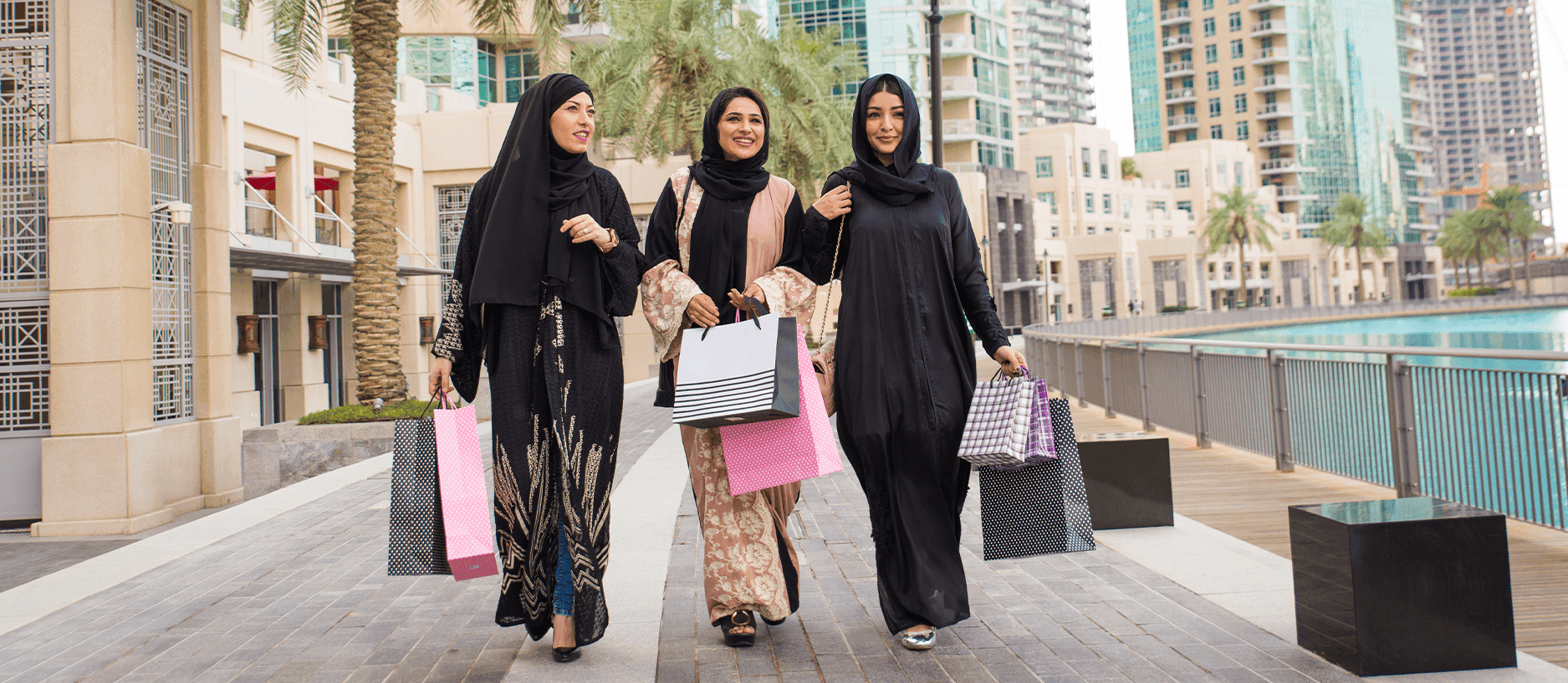
Optimizing Your Marketing Processes for Maximum Efficiency and Impact
In the bustling markets of the Gulf Cooperation Council (GCC), where tradition meets cutting-edge innovation, marketing is more than just a function—it’s a driver of growth.

In the bustling markets of the Gulf Cooperation Council (GCC), where tradition meets cutting-edge innovation, marketing is more than just a function—it’s a driver of growth.
In the bustling markets of the Gulf Cooperation Council (GCC), where tradition meets cutting-edge innovation, marketing is more than just a function—it’s a driver of growth.
As businesses compete for attention in a region known for its rapid digital adoption and discerning consumers, the question isn’t WHETHER to optimize your marketing processes – it’s HOW effectively you can do it.
With the GCC’s distinct mix of cultural nuances, diverse demographics, and tech-savvy audiences, there’s never been a better time to rethink how marketing operates.
This article offers practical strategies to help your business not only keep pace but lead the way in crafting campaigns that inspire, engage, and deliver measurable results.
Begin with a thorough evaluation of your current marketing processes. Ask:
Are strongly crafted Brand Identities in place?
Are you leveraging customer insights effectively?
Are there bottlenecks in campaign execution?
Are you tracking the right KPIs for your goals?
A Saudi supermarket chain noticed delays in its promotional campaigns. By auditing workflows, it discovered inefficiencies in the approval process for multilingual ads. Switching to a centralized project management tool cut turnaround times by 30%.
Defining clear, measurable objectives aligned with regional priorities ensures your marketing strategies are focused and result driven. Use the SMART framework (Specific, Measurable, Achievable, Relevant, Time-bound) to outline these goals.
Some Key KPIs to Track in the GCC
Cost per Acquisition (CPA): Identify cost-effective channels.
Engagement Metrics: Measure likes, shares, and comments, particularly on Instagram and Snapchat.
Customer Retention Rate: Evaluate loyalty strategies. Lifetime Value (LTV) is a critical metric to determine investment rates for different customer segments.
Example:
A UAE-based fintech startup aimed to increase app downloads by 20% within three months. By focusing on KPIs like conversion rates and user retention, it optimized its digital ad spend and improved onboarding flows, achieving its target within the set timeframe.
Automation tools are essential for repetitive tasks like scheduling, email marketing, and customer segmentation. In the GCC, where consumer behavior shifts rapidly, automation ensures campaigns stay agile.
Key Tools:
CRM Systems: Salesforce for enterprise businesses; Zoho for SMEs, etc.
Social Media Management: Hootsuite for tracking posts across Instagram, Snapchat, and Twitter.
Example:
A Dubai luxury hotel chain used automated email workflows during Ramadan, sending personalized offers for Iftar and Suhoor bookings. This increased engagement by 25% and resulted in fully booked events.
Campaign optimization means creating messages that resonate with the audience while ensuring consistency across channels.
A/B Testing: Experiment with ad creatives, visuals, and CTAs to identify what resonates most.
Example: A Saudi fashion retailer found that culturally tailored ads featuring Arabic calligraphy outperformed generic designs by 30%.
Localized Content: Incorporate cultural symbols and bilingual messaging.
Example: A UAE e-commerce platform launched bilingual SMS campaigns for Ramadan sales, driving higher click-through rates.
Understanding your audience is key to impactful marketing. In Saudi Arabia and the UAE, where consumers are highly connected, customer insights are more accessible than ever.
How to Gather Insights:
Use social listening tools to monitor conversations around events like Saudi National Day or Dubai Shopping Festival.
Conduct surveys in Arabic and English to capture diverse opinions.
Example: A UAE telecom provider analyzed mobile usage patterns and discovered that customers preferred promotional offers during the late evening. This insight led to a targeted SMS campaign, resulting in a 20% boost in conversions.
Strong internal collaboration ensures campaigns are delivered efficiently and effectively.
Use tools like Asana or Trello to manage cross-department projects.
Foster open communication to bridge cultural and linguistic gaps.
Example: A Riyadh-based advertising agency used Microsoft Teams to coordinate with remote creatives in Dubai, ensuring seamless execution of a GCC-wide campaign for a retail client.
Businesses are increasingly using AI to forecast customer behavior and optimize campaigns.
Example: A UAE grocery platform uses AI to predict Ramadan shopping trends.
Brands that emphasize eco-conscious practices are gaining traction, aligning with regional goals like Saudi Vision 2030.
Example: A Dubai-based skincare brand showcased its recyclable packaging, boosting sales and loyalty among younger consumers.
With GCC’s high smartphone penetration, businesses are merging online and offline touchpoints to create seamless customer experiences.
Example: A Saudi supermarket offered app-based in-store discounts, driving foot traffic and app downloads.
Optimizing your marketing processes in Saudi Arabia and the UAE involves blending technology, cultural relevance, and strategic foresight.
By refining workflows, personalizing campaigns, and leveraging customer insights, businesses can achieve greater efficiency and impact.
As the region continues its rapid growth, those who adapt quickly and embrace innovation will lead the way in shaping the future of marketing in the GCC.
Take the first step, evaluate your processes today and prepare for a more impactful tomorrow.